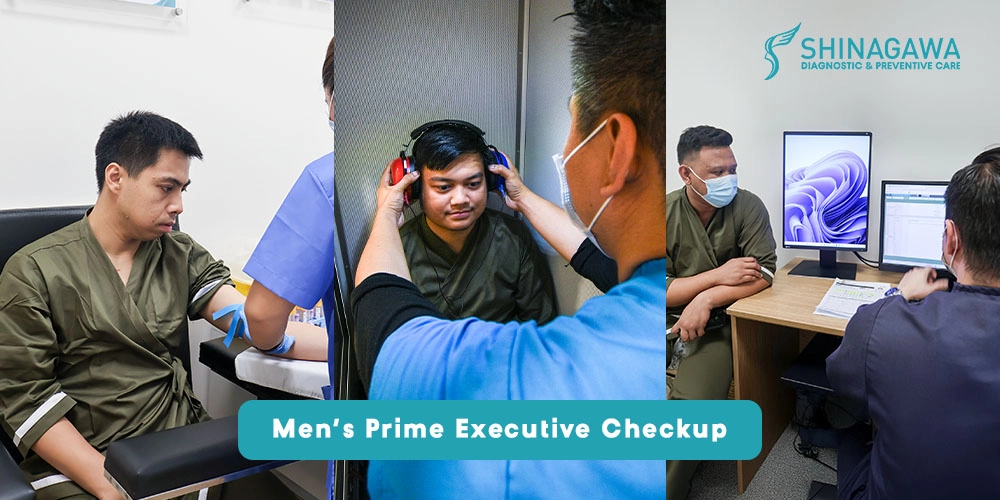For the longest time, prostate cancer has been considered an “old man’s disease,” primarily because it most commonly affects men in their later years.
While it’s true that prostate cancer is more common among older men, this doesn’t mean the condition is exclusive to them. In fact, younger men are not immune and in some cases, the cancer can appear earlier and progress more aggressively.
Age is a major risk factor — but not the only one
It’s undeniable that age plays a significant role in prostate cancer development. The average age of diagnosis is around 66, with most cases appearing at age 55. This explains why much of the awareness messaging and screening recommendations are geared toward older adults.
However, this heavy focus on age has unintentionally contributed to a dangerous misconception that those who are younger have nothing to worry about.
While less common, there have been numerous cases of younger men being diagnosed, often with more aggressive, fast-growing forms of the disease — because of this, it’s crucial to understand that prostate cancer can strike at any age.

Family history matters — know your risk
Men under 50 may not be part of the traditional risk group by age, but that doesn’t mean they’re not prone, especially if they have a family history of prostate cancer. If your father, brother, or uncle has been diagnosed, your risk increases significantly.
Prostate cancer in its early stages often has no symptoms, which is why many men don’t know they have it until it has progressed. However, being aware of potential signs is crucial, especially as the cancer advances. Here’s what to watch for:
Early-stage symptoms (if any):
- Difficulty starting or stopping urination
- Weak or interrupted urine flow
- Frequent urination, especially at night
- Pain or burning during urination
- Blood in urine or semen
Advanced-stage symptoms:
- Pain in the back, hips, or pelvis
- Erectile dysfunction
- Unexplained weight loss
- Fatigue
- Swelling in the legs or pelvic area
Annual checkups can provide vital information about your risk level and offer early clues before symptoms become apparent. While there’s no guaranteed way to prevent prostate cancer, making healthy lifestyle choices and monitoring your health regularly can reduce your risk and give you more control.

Shinagawa Diagnostic & Preventive Care understands that men have unique health concerns that require a more targeted approach. The Men’s Prime Executive Checkup is designed to do just that by offering a comprehensive set of tests specifically geared toward detecting conditions like prostate cancer early.
This package includes the PSA Cancer Screening Blood Test, which measures prostate-specific antigen levels in the blood, a key marker for potential prostate issues. It also includes a Whole Abdominal Ultrasound, which can detect abnormalities or tumors that may indicate the presence of prostate cancer.
With prostate cancer being the third most common type of cancer among Filipino men, it’s never too early — or too late — to start taking your health seriously.
Book an appointment now

Inquire

Book


